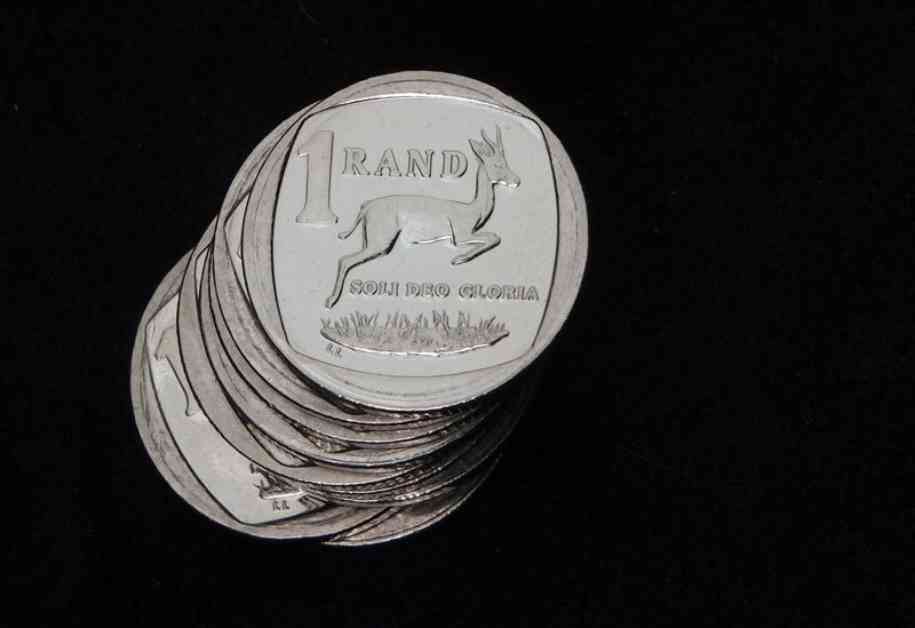The South African Rand slightly declined on Thursday as investors became cautious ahead of President Cyril Ramaphosa’s ministerial appointments in a unity government. At 0726 GMT, the rand traded at 17.9850 against the dollar, 0.15% weaker than its previous close. The local currency strengthened to an 11-month high of 17.9200 on Wednesday after five political parties joined the African National Congress last week to form a national unity government, following its loss of an absolute majority in the general elections.
“The markets will now be closely watching President Ramaphosa’s appointments to his cabinet,” said Andre Cilliers, a currency strategist at TreasuryONE. There are no major economic data expected in South Africa until next Thursday, when Statistics South Africa will release monthly inflation figures. On the stock market, the Top-40 index was up 0.2% in early trading. South Africa’s benchmark 2030 government bond was weaker, with a yield rising 4 basis points to 9.785%.
As the political landscape in South Africa continues to evolve, investors are keenly observing the developments in President Ramaphosa’s government. The formation of a unity government has provided some stability, but the choice of ministers and their policies will be crucial in determining the country’s economic direction. The upcoming inflation data release will also be closely watched as it could impact the central bank’s monetary policy decisions.
The slight weakening of the rand reflects the uncertainty surrounding the political and economic environment. Investors are likely to remain cautious until there is more clarity on the government’s economic agenda and policy direction. The positive performance of the stock market indicates some confidence among investors, but the bond market’s reaction suggests lingering concerns about fiscal stability.
Overall, the South African economy is at a critical juncture, and the decisions made by President Ramaphosa in forming his cabinet will be closely scrutinized. The coming weeks will be crucial in determining the country’s economic trajectory and how investors perceive the government’s ability to address key issues such as unemployment, inequality, and economic growth.





















